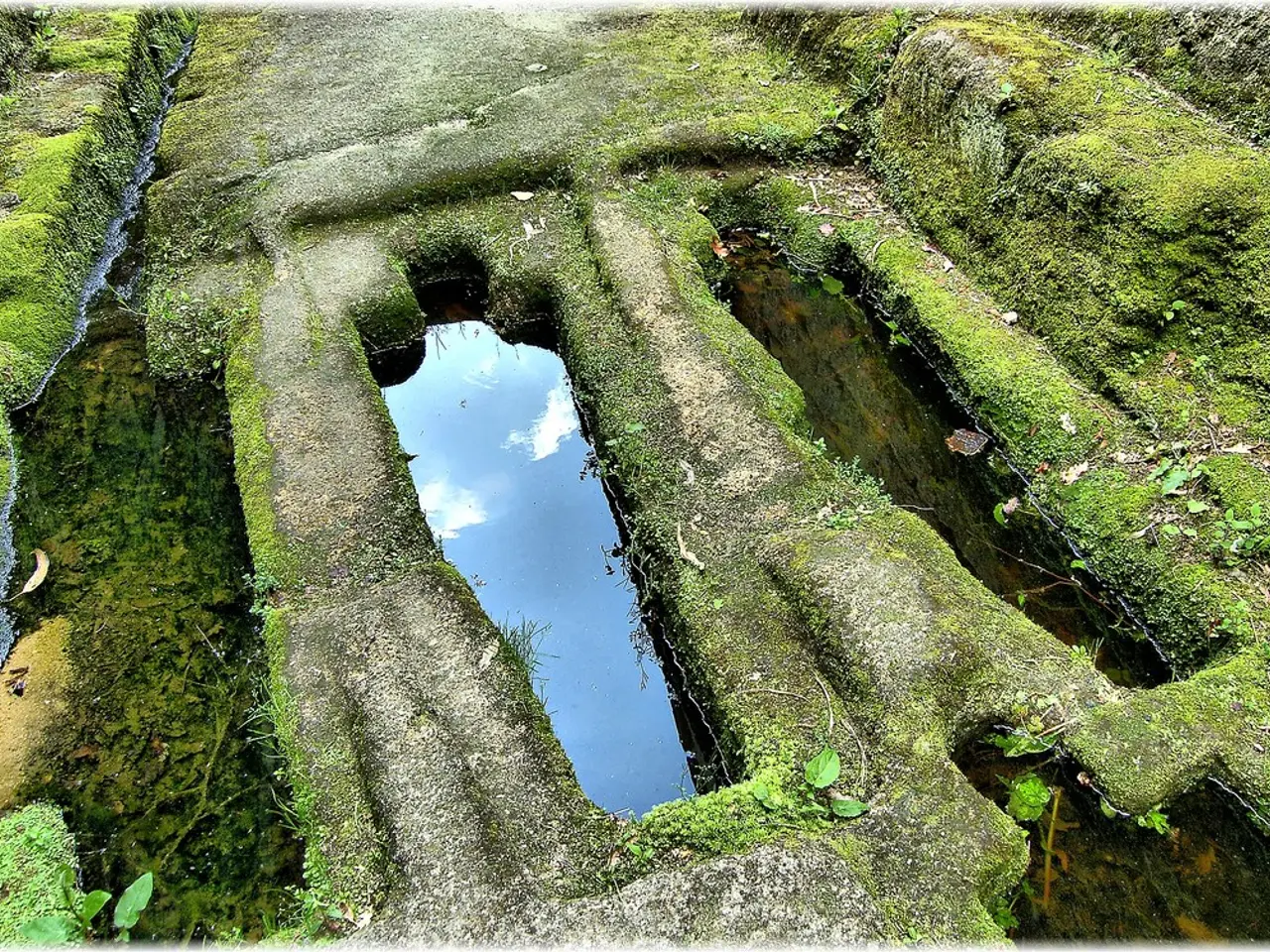RWE Exits Namibia 'Green Hydrogen' Project Amid Slowing Demand
RWE's withdrawal from a planned 'green hydrogen' project in Namibia has raised questions about the future of the venture. The project, led by Hyphen Hydrogen Energy and supported by the German wind power pioneer Enertrag, aimed to produce and export significant amounts of green ammonia by 2027. Despite RWE's departure, the project's long-term development remains unaffected.
RWE's decision to pull out of the project comes as the demand for hydrogen and hydrogen derivatives in Europe is developing more slowly than initially expected. The German energy giant had signed a memorandum of understanding with Hyphen in 2022, agreeing to receive up to 300,000 tons of 'green ammonia' annually from 2027. However, the project's status as a 'strategic foreign project' by the German Ministry of Economics has not yet secured funding.
Green hydrogen is seen as a key component in achieving a climate-neutral economy, with applications ranging from steel and chemical industries to shipping and heavy transport. Despite Germany's interest in the project, it is not directly involved. The Namibian government has chosen Hyphen for the development of the project, which aims to produce around one million tons of green ammonia annually for export by 2027.
RWE's withdrawal from the 'green hydrogen' project in Namibia is a setback in the short term, but the project's long-term prospects remain promising. As the demand for green hydrogen and its derivatives continues to rise in Europe and Asia, the project's potential to contribute to a climate-neutral economy is significant. Despite the lack of funding so far, the project's classification as a 'strategic foreign project' by the German Ministry of Economics suggests its importance in Germany's hydrogen strategy.
Read also:
- Thieves Steal Unique Sculptures from Redwood National Park's Grove of Titans
- Thessaly's Climate Plan Stalls Two Years After Storm Daniel Devastation
- Republicans advocate Trump's domestic policy plans in Iowa, though some business owners remain skeptic
- Typhoon Matmo Batters Vietnam, PM Urges Vigilance as Heavy Rain Continues







